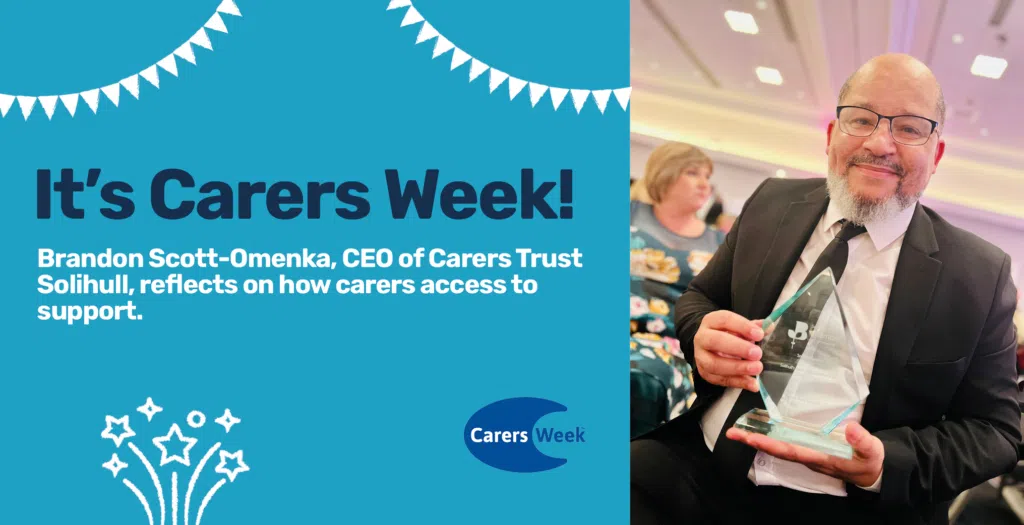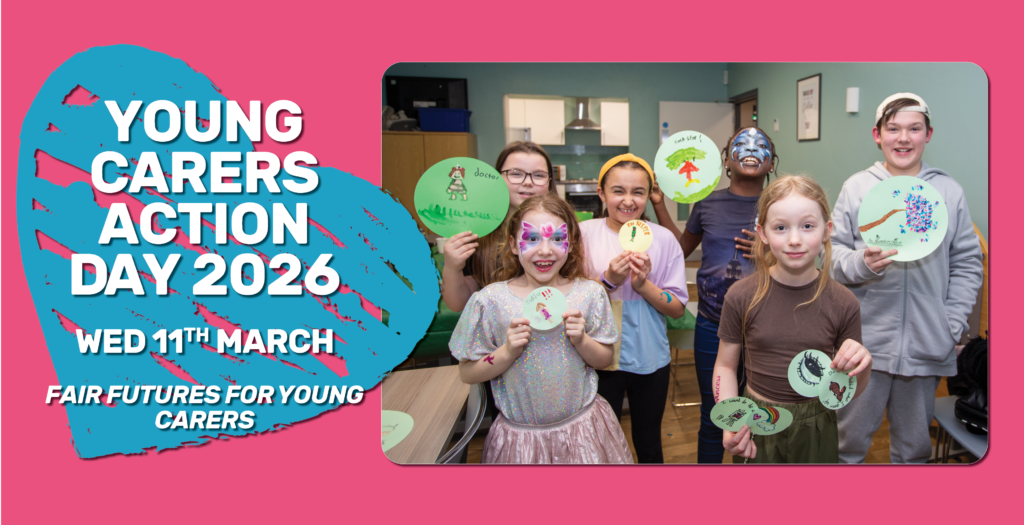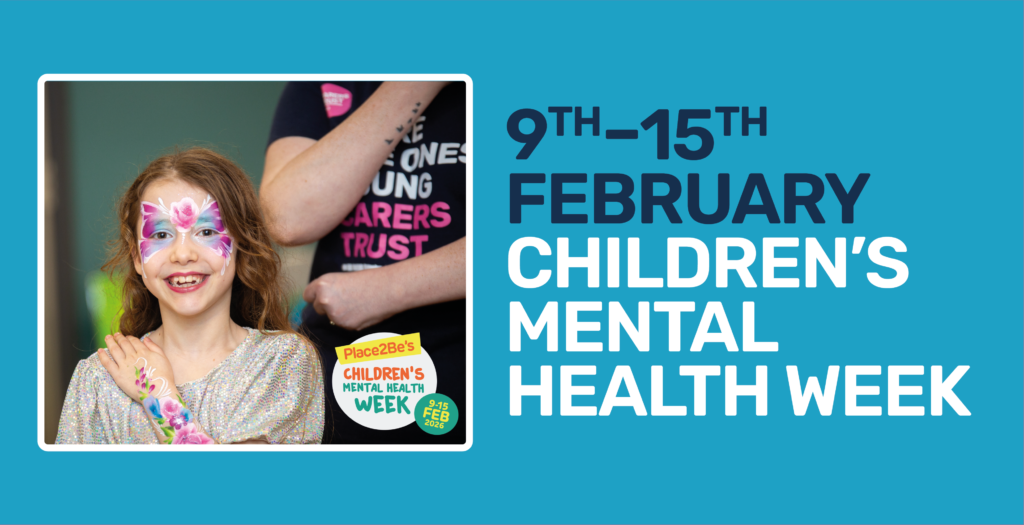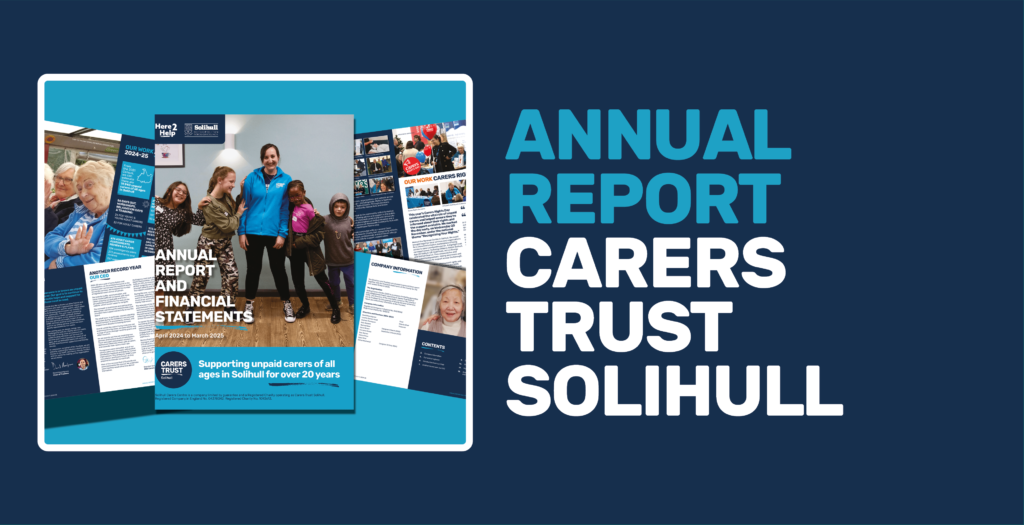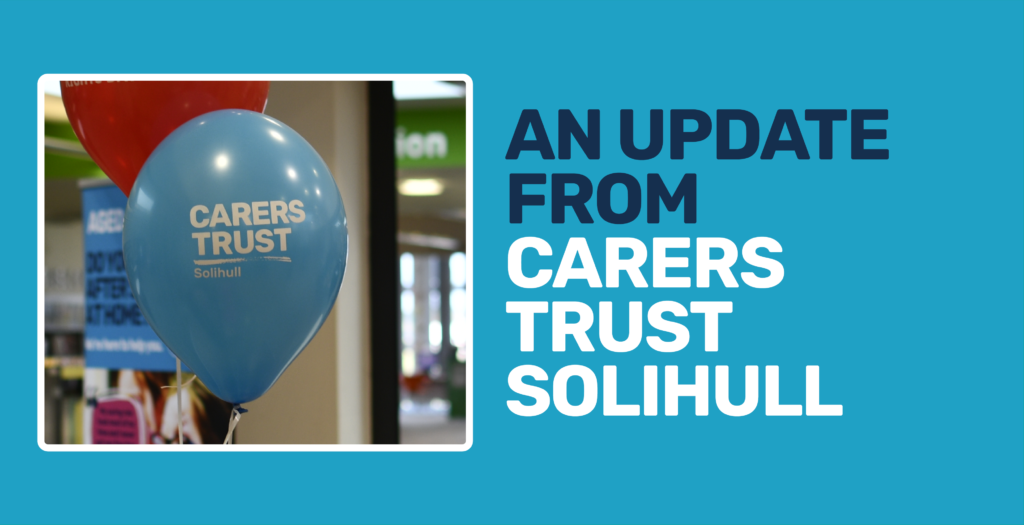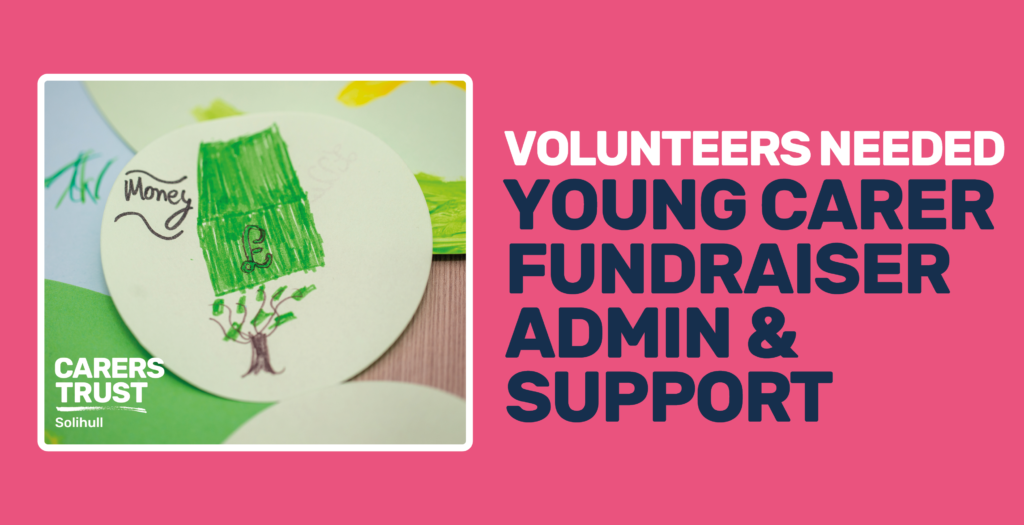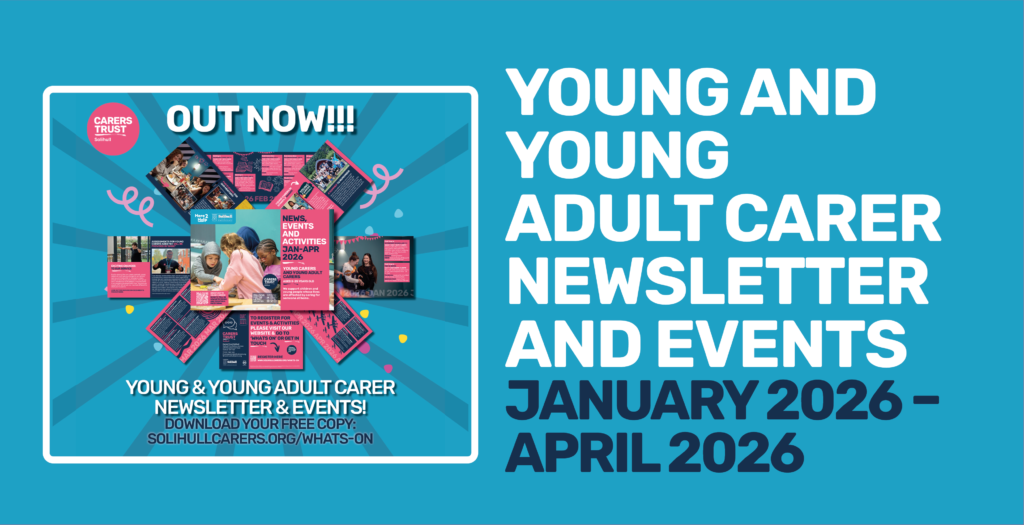It's Carers Week and Brandon Scott-Omenka, CEO of Carers Trust Solihull, reflects on how carers access support, coping with jargon, how he loves his gadgets, IT and the positives and negatives of Artificial Intelligence.
A couple of months ago, I attended a community event with many people you seldom see together: unpaid carers who knew they were carers. Most people are unfamiliar with the term.
It was a great pleasure to talk with spouses, parents, in-laws, relatives and simply good neighbours about their challenges caring for their ailing loved ones at home or in the Solihull Retirement Village where the event was held.
Solihull Healthcare Partnership Trust (SHP) organised the event, and a range of agencies were present, including the Solihull Council Adult Social Care team and numerous charities, including ourselves, to answer all kinds of questions about what we used to call “care in the community”.
We were run off our feet, and our leaflets and information snapped up. This made a change from some poorly attended events in the past few months. At one point, I went and found the right SHP Service Manager to help a wife struggling to access chiropody for her frail husband.
We often forget how complex the Health and Social care system is and how daunting it can be to find the service you need.
Access delays, waiting times, waiting lists, eligibility criteria, and the need to travel distances to access many services have always been a challenge, but the overwhelm of the GP surgeries when the lockdowns came to an end has brought into focus the preference for face-to-face contact rather than the now routine emphasis on telephone or digital consultation, etc.
You can see how daunting it can be for your average person who does not know what commissioning is or realise they are a carer, let alone what locality-based, domiciliary, peripatetic, multi-disciplinary, elective, step-down, second-tier, universal-based, community triaged, operational, fieldwork sponsored preventative interventions are. Phew.
The consensus on what made the SHP event so well attended was the fact that it was held on a Saturday morning, allowing carers who would be ordinary at work to attend, and located in the Village where many cared-for live in settled accommodation. That SHPs use text messaging to directly reach the phones of carers was also credited. There you have it, new technology again!
The solution we are told is increasingly digital, internet-based, with artificial intelligence mainly on smartphones for information advice and access. One step closer to Terminator, you might think!
But I love information technology. The picture below of the old-fashioned mechanical calculator, which were still being phased out at my school before we could afford electric ones in the seventies.
Later, I was among the first to use a “word processor” when they were really electric typewriters. I typed out a friend’s PhD thesis using the old, now antique QL computer with its tape rather than a floppy disc. I have a box of floppy discs in the garage; if only I still had a computer with a floppy disc drive!
I’ve worked on Amstrads, Word Perfect software, Psion’s and Blackberry’s. I was never a fan of Facebook because I knew I’d spend too much time on it, but I depend on my Evernote account and spend too much time on Twitter.
We partner with Mobilise and have had discussions with Bridgit, both of which deliver online services to carers. We are continually developing our website and are always looking to improve it: https://solihullcarers.org/carersweek2024/.
I am impressed by some of the AI options. However, I did have two salutary recent experiences:
When my car needed to be replaced after being hit by another vehicle whilst parked outside the dentist’s, I communicated with several people on the insurance companies’ website. It took me ages to realise I was dealing with AI. I was referred from one “person” on one part of their website to another, which sent me back to the first part and a new “person” all communication via text messaging, going around in circles, and downloading numerous documents that only made real sense when I eventually got to talk to a real person.
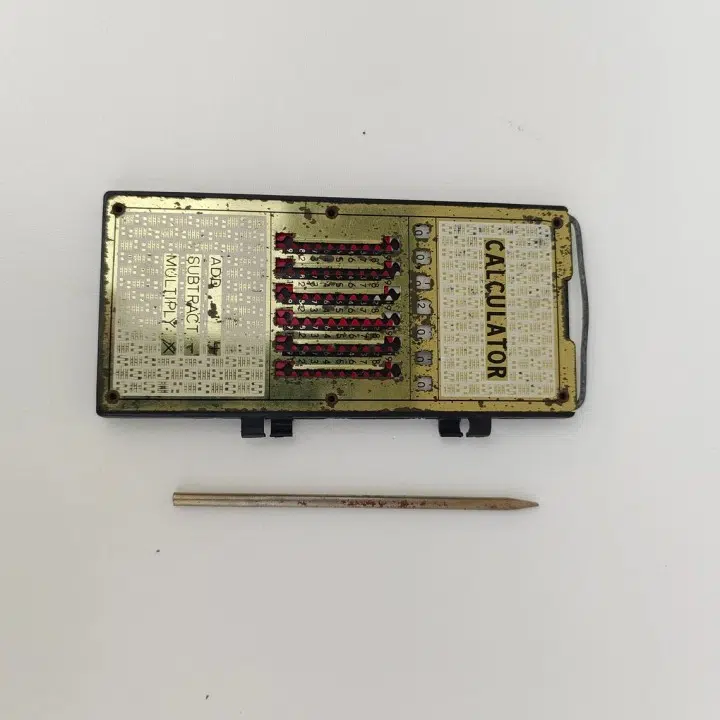
The same thing happened when my home broadband went down. In the past, this would have led to a conversation with someone in a call centre on the other side of the globe, the mandatory “to turn it off and on again” and “check all the cables are plugged” in. And that those silly “filter” things have not made a run for it. After 30 minutes, they would confirm that there was no line fault, and put a new router in the post. Done.
But not this time. This time, I spent 2-3 hours a day all by text messaging, working through various websites and AI options to eventually access a real person, who could see it was probably the router, apologised profusely before referring back to the web page that it was now clear was crashing.
This meant I had to log into another part of the website, which meant the same thing happened again and again and again; after a couple of days, my wife and daughter were starting to mutter – never a good sign. I had to do all the checks as before.
And sure enough, it was agreed it was a failed router, and at last, one was dispatched…ten days later!
I’m no Luddite. But AI must be much better than this if we are to dispense with a natural person with proper customer service skills and initiative to solve the problem. And if we do dispense with real people, where will their next jobs come from?
Surely, this is a topic for the General election, which is trundling along. A few months back, I was asked what Carers wanted from a future Government (of whatever political persuasion). There was a National Carer Trust and a separate Local Charity survey.
I was supposed to select Social Care Reform from the drop-down, more funding for the Our NHS, or even a National Carers Strategy. All these areas need serious discussion. But I wrote in the “other” box:
- Tax incentives to encourage public donations to small and medium-sized local charities so we can recover the lost network of volunteer organisations still recovering from the Covid lockdowns; and
- Affordable, high-quality, adequately trained, on-time and well-managed, with a decent margin, RELIABLE home care support!
Now, that really would make a difference!
If we could get either, it would be more valuable to carers than workshops, conferences, government initiatives, etc.
During Carers Week, we celebrate the care provided by the veritable army of unpaid and often overlooked spouses, partners, offspring, parents, and friends. Not to forget the younger carers.
If you go on our website, please make time to support our events if you are in Solihull or like our social media feed.

